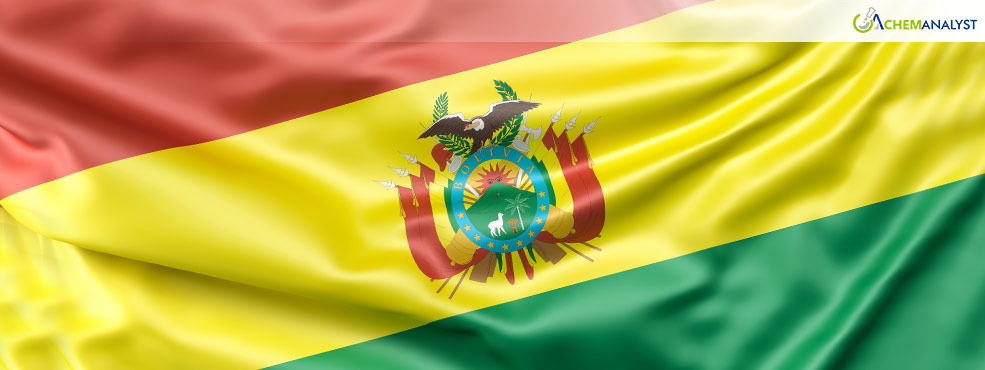Welcome To ChemAnalyst

Bolivia’s government has formalized an agreement with the Chinese consortium CBC, which includes the prominent battery manufacturer CATL, to construct two direct lithium extraction plants with an investment of at least $1 billion, government officials announced on Tuesday. The project will be located in the Uyuni salt flat in southwest Bolivia, a region that forms part of the famed "lithium triangle" shared with neighboring Chile and Argentina. As part of the deal, Bolivia will hold a controlling 51% stake in the venture, ensuring significant state involvement in this strategic initiative.
The two planned plants are expected to collectively produce 35,000 metric tons of lithium annually. Omar Alarcon, the head of Bolivia’s state-owned lithium company YLB, elaborated on the agreement during a press conference. He stated that the service contract includes the complete design, engineering, construction, operation, and maintenance of the facilities. One plant will produce 10,000 metric tons of lithium carbonate per year, while the second facility will focus on producing 25,000 tons of battery-grade lithium carbonate annually. Alarcon emphasized that CBC will be responsible for constructing the plants using its proprietary technology, bearing all associated costs and risks. The $1 billion investment represents the initial construction phase of the project.
While Bolivia boasts the world’s largest known lithium reserves, the country has struggled to translate this resource wealth into significant production. Political instability and a volatile investment climate have historically deterred investors. The upcoming presidential election, scheduled for next year, is likely to add further uncertainty. Still, the government remains committed to advancing its lithium development agenda.
The agreement with CBC mirrors a similar deal Bolivia signed in September with Russia's Uranium One Group for the construction of a $970-million plant capable of producing 14,000 metric tons of lithium carbonate annually. However, like the Russian deal, the CBC agreement requires approval from Bolivia's Congress. This approval process may be challenging, as the ruling party is internally divided, and President Luis Arce lacks a congressional majority, potentially complicating the legislative process for both agreements.
CATL’s involvement is particularly noteworthy, as the company is a global leader in battery technology, supplying batteries for more than one-third of the world’s electric and hybrid vehicles. The project also introduces direct lithium extraction technology, an innovative method that enables faster and more efficient lithium production compared to traditional evaporation pond techniques.
President Arce highlighted Bolivia’s willingness to engage with a variety of international partners to unlock its lithium potential. "Our country is not closed off to any company," he stated, noting interest from other nations in investing in Bolivia’s lithium sector. This move underscores the government’s strategic focus on leveraging its vast lithium reserves to meet growing global demand for electric vehicle batteries.
We use cookies to deliver the best possible experience on our website. To learn more, visit our Privacy Policy. By continuing to use this site or by closing this box, you consent to our use of cookies. More info.
